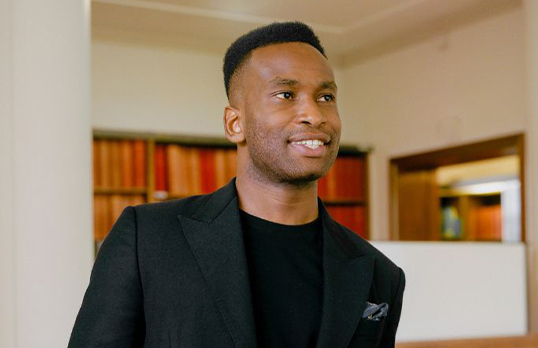22 August 2024 is a significant date in the equity, diversity and inclusion (EDI) calendar. I know it’s not an obvious one, but it’s GCSE results day - and for all the parents with neurodivergent children who are awaiting results, it’s pretty significant!
Our gorgeous girl was diagnosed as having dyslexia in 2022. She had been in full time education from 4 years of age and at no point (despite meetings and emails raising progress concerns) were we advised to seek out a diagnosis or indeed supported in understanding dyslexia.
School reports were opened with huge expectation of an improvement but consistently showed the gap between expected target achievement and her personal performance in end of term exams.
Her effort scores were consistent though – always maximum grades from teachers on effort, behaviour and for being an all-around perfect student.
As a family, we were fortunate enough to be able to afford to seek out a professional assessment and gain a diagnosis. After years of hearing only negative messaging about her studies, she emerged from the session with a sense of relief, pleased she had the diagnosis as otherwise “I wouldn’t know what was wrong with me”. She had of course been masking for years.
The architecture profession has high prevalence of neurodivergence. I’m fortunate to work with colleagues who have highlighted the challenges this brings and work to support members and colleagues who are neurodivergent. As dyslexia is an invisible disability, it is easy to assume a neurodivergent colleague may not need access and inclusion support, and so it is important to raise awareness about dyslexia and neurodivergence more generally in the profession.
This highly creative, collaborative and emotionally intelligent group of professionals within architecture have often had to take a squiggly route in their studies to get to where they are today due to the ‘one size fits all’ approach to qualifications in the UK education system. There are ongoing challenges for aspiring architects who are neurodivergent to access study and then seek support in the workplace. Where will we be if don't break down these barriers and support these amazingly talented people?
I’m scenario planning for 22 August, hopeful that her work ethic and commitment to study pays off, that I will be popping the champers and shouting about her achievements. If not, it’s fine, because I see evidence from the architects and colleagues I work with that her strengths of personality, work ethic and intelligence will get her to achieving her dream career.
For other parents, please take a look at the resources available to support you at British Dyslexia Association and seek out local charities such as Dyslexia Sparks who offer arrange of services including providing affordable assessments, specialist workplace training and advice.









